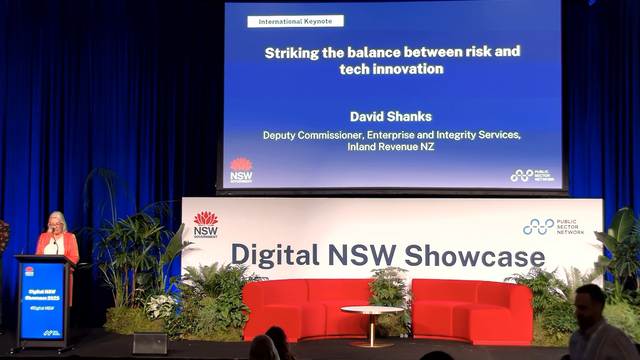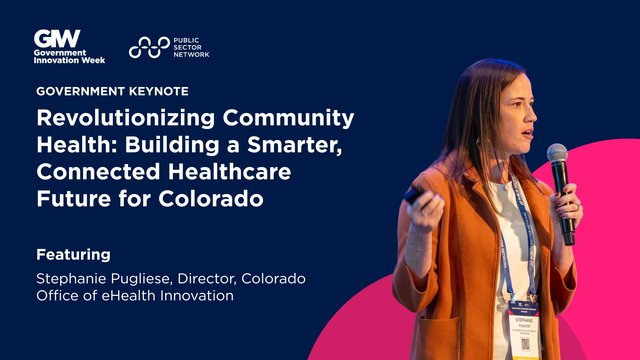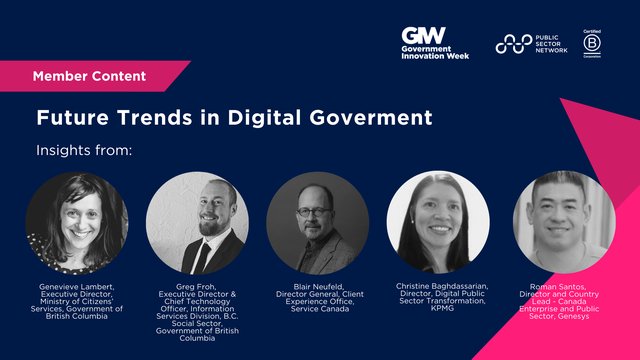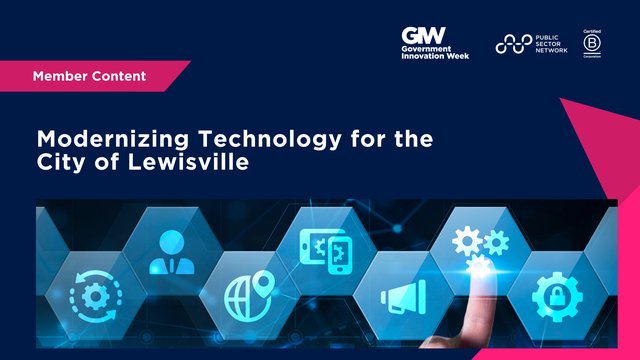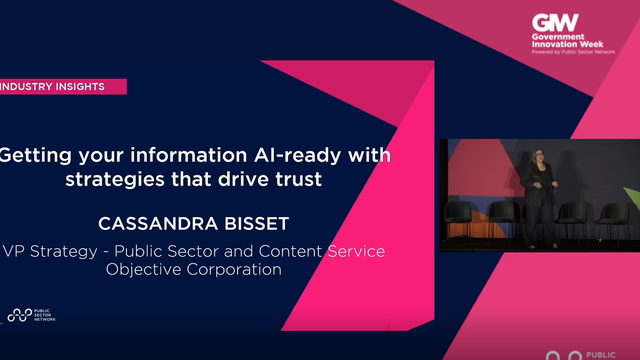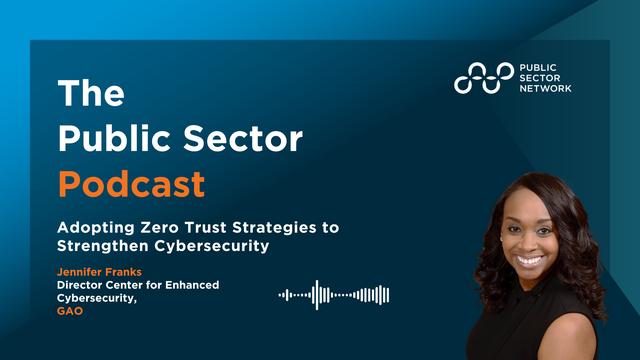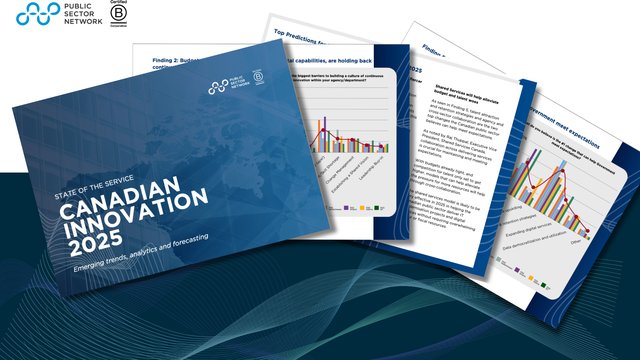
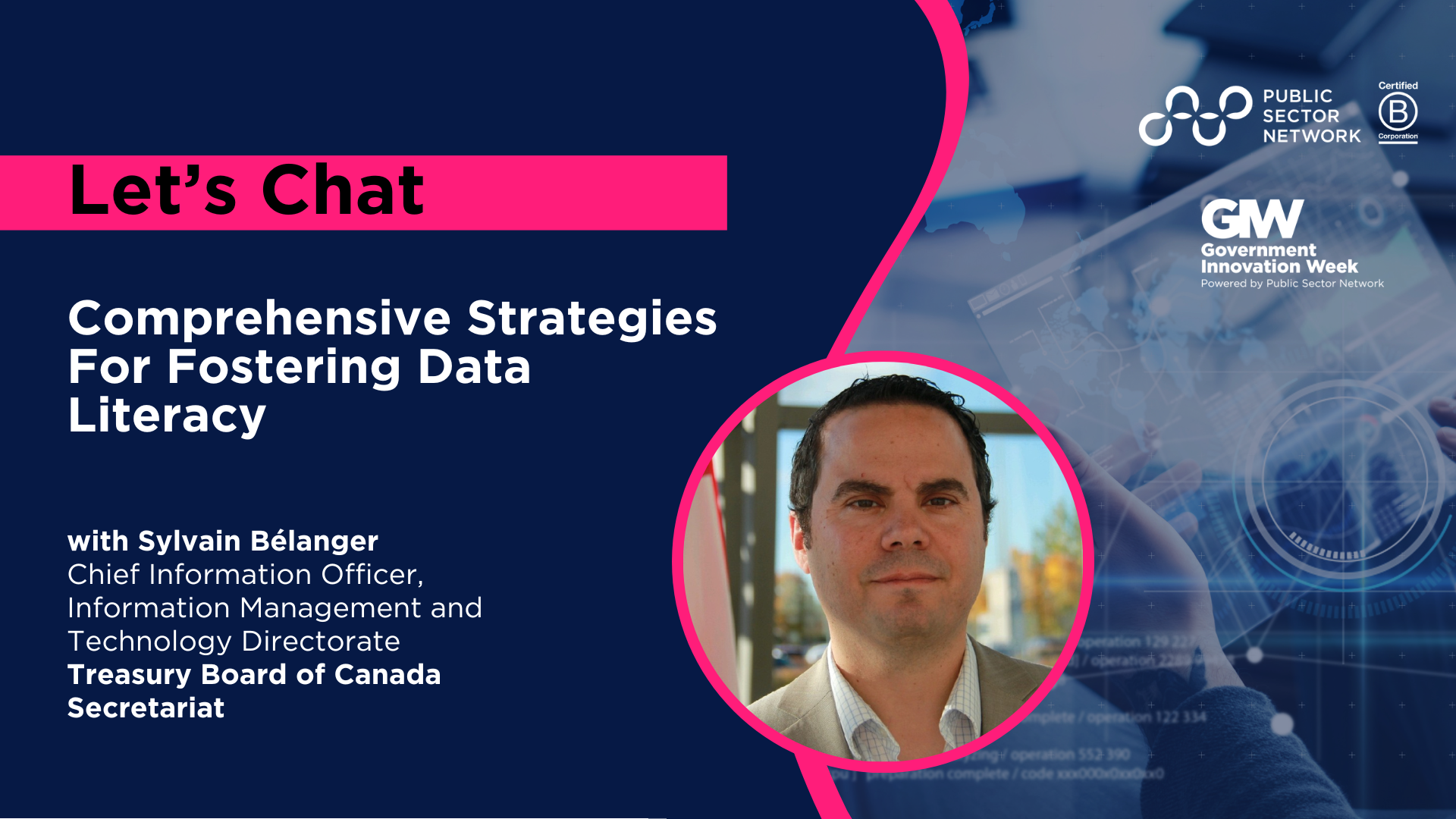
Q1: Could you elaborate on the strategies or methods used to ensure that government employees are effectively utilizing the resources provided for data analysis and interpretation in their daily work routines?
The Canadian government employs various strategies to ensure effective utilization of resources for data analysis and interpretation among its employees. Training programs and workshops are organized to enhance employees' data literacy skills, making them adept at handling and interpreting data. The government also invests in user-friendly data analysis tools and software, simplifying the process for employees. Regular communication and feedback mechanisms are established to address any challenges and provide continuous support. Additionally, the government promotes a data-driven culture, encouraging collaboration and knowledge-sharing among employees to maximize the impact of data analysis in their daily work routines.
Q2: What are some common challenges encountered in promoting data literacy within government departments, and what strategies have been most effective in overcoming these challenges?
Promoting data literacy within government departments often faces challenges such as resistance to change, lack of resources, and varying skill levels among staff. Overcoming these hurdles requires a multi-faceted approach. Successful strategies involve creating a compelling case for the value of data literacy, offering tailored training programs, and fostering a culture that embraces continuous learning. Leveraging champions within departments to advocate for data literacy can also be effective, along with establishing clear communication channels to address concerns and provide ongoing support. Ultimately, integrating data literacy into the organizational DNA through consistent reinforcement and recognition of its benefits is key to overcoming challenges and building a data-informed government in the same way as how we dealt with digital literacy.
Q3: How do you measure the success or impact of the initiatives aimed at fostering a data culture within the government? Are there specific KPIs you use to evaluate the improvement in data literacy among employees?
Evaluating the success of initiatives aimed at fostering a data culture within the government first involves developing a proper set of key performance indicators (KPIs) related to data literacy. Metrics like the percentage increase in employees completing data literacy training, the frequency of data-driven decision-making, and the adoption rate of data tools can provide insights. Additionally, assessing the quality and speed of data-driven projects and their impact on government operations helps gauge the effectiveness of these initiatives. Ultimately, success is reflected in an organization's ability to seamlessly integrate data into its decision-making processes, enhancing overall efficiency and informed governance.

Q4: Given the importance of data sharing and collaboration, how do you maintain a balance between promoting collaboration while ensuring the security and privacy of sensitive government data?
Maintaining a balance between promoting collaboration and ensuring the security and privacy of sensitive government data requires a thoughtful approach. Implementing robust encryption measures, access controls, and regular security audits can safeguard the integrity of the data. Creating a clear framework for authorized data sharing, with strict adherence to privacy laws and regulations, helps strike the right balance. Additionally, fostering a culture of awareness and education among government personnel about the importance of data security and the potential risks involved in mishandling sensitive information can contribute to a collaborative yet secure environment. It's all about finding that sweet spot where collaboration thrives within the boundaries of a well-protected data ecosystem.
Q5: What future developments or plans do you have in mind to further enhance data literacy and encourage a more data-centric approach within the government?
To foster greater data literacy and a more data-centric approach within the government, I envision a multifaceted strategy. First and foremost, investing in comprehensive training programs for government employees at all levels will be crucial. These programs would cover data analysis, interpretation, and ethical considerations surrounding data use. Additionally, promoting a culture of data transparency and accessibility is vital. Implementing open data initiatives and creating user-friendly platforms for data dissemination can empower both government officials and the public. Lastly, continuous collaboration with experts in the field and staying abreast of emerging technologies will ensure that the government remains at the forefront of data-driven decision-making.


